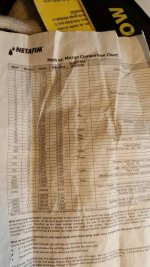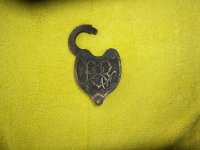reptwar1
Sr. Member
Anyone ever heard the stories about old timers stretching sheets across streams to catch fine gold dust? I have read it on several sites but now cant find any of them. Reason Im asking....just got off the phone with a guy that did something similar and caught just over an ounce of gold in 2 weeks. The guy then told me that his contact with USGS informed him that every 24 hours, $16,000 in suspended flour gold flows past the town that we live in. That price was in the 60's when gold was $30 an ounce. Allow me to adjust for current gold prices... Ready?...$541,560 EVERY 24 HOURS!! Now you see why I'm interested lol
Amazon Forum Fav 👍
Upvote
0




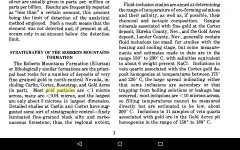
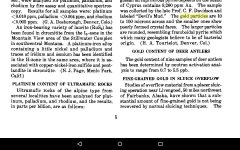
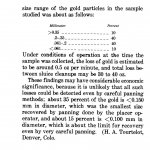
 You are correct a wetting agent is not a flocculent. Though I mentioned it because they both will help sediment drop out of suspension. And everything I said about organics and oleophilic adhesion is true. That is why mediums used to hold the oil are organic (there are synthetics they mimic organics on the molecular level) so the oil can adhere....and thusly any oleophilic particle that can make contact... and a great majority of sediment falls in that category. Also microscopic gold that is suspended in flowing water is not "placer" gold. And yes please by all means show us your process in action but, make sure you patent it as you are the first person to ever do this and the industry needs you! I do apologize that all of my points were over your head as far as everything else goes!
You are correct a wetting agent is not a flocculent. Though I mentioned it because they both will help sediment drop out of suspension. And everything I said about organics and oleophilic adhesion is true. That is why mediums used to hold the oil are organic (there are synthetics they mimic organics on the molecular level) so the oil can adhere....and thusly any oleophilic particle that can make contact... and a great majority of sediment falls in that category. Also microscopic gold that is suspended in flowing water is not "placer" gold. And yes please by all means show us your process in action but, make sure you patent it as you are the first person to ever do this and the industry needs you! I do apologize that all of my points were over your head as far as everything else goes!

 .....sometimes I need a coffee shunt........
.....sometimes I need a coffee shunt........